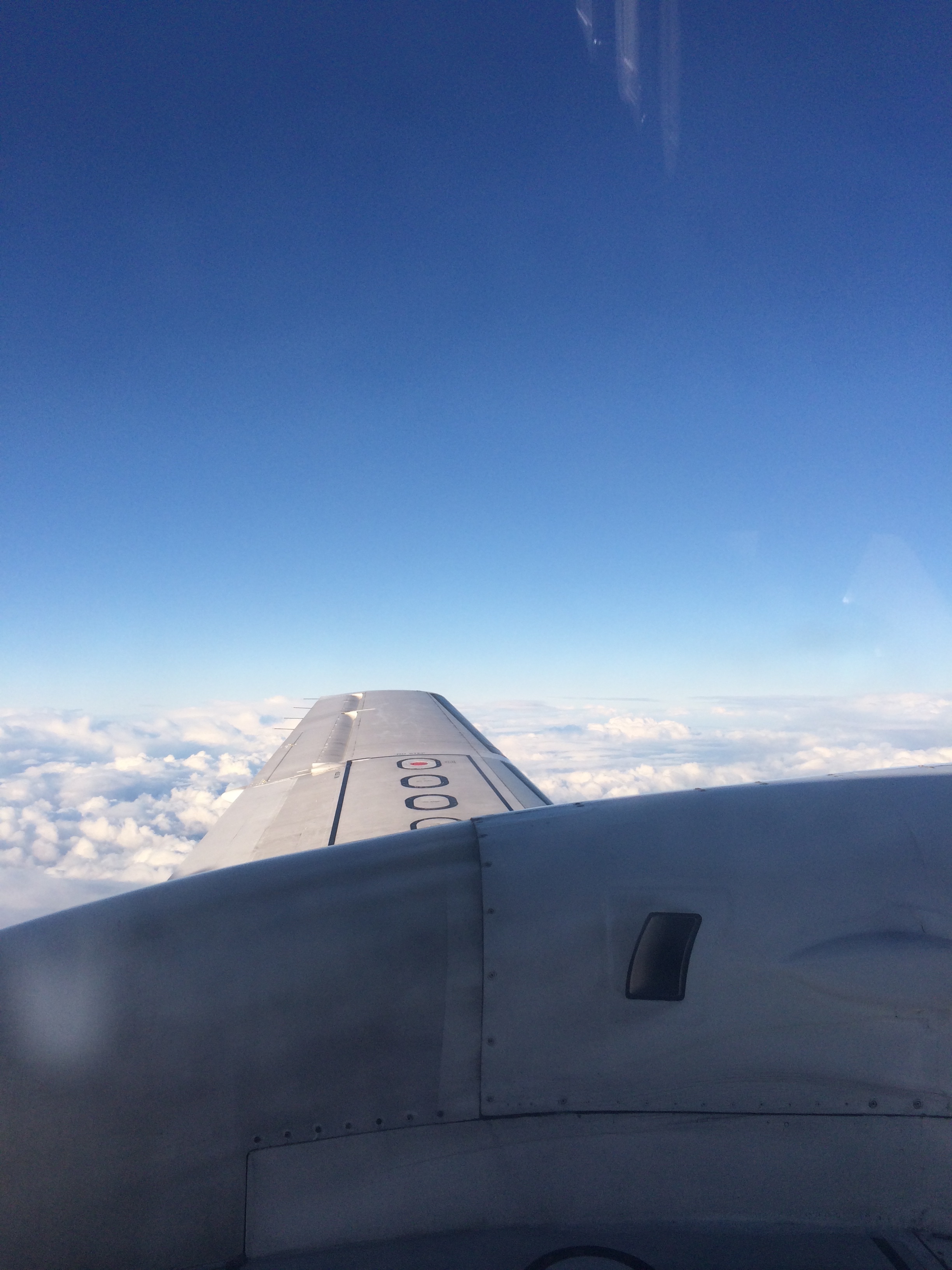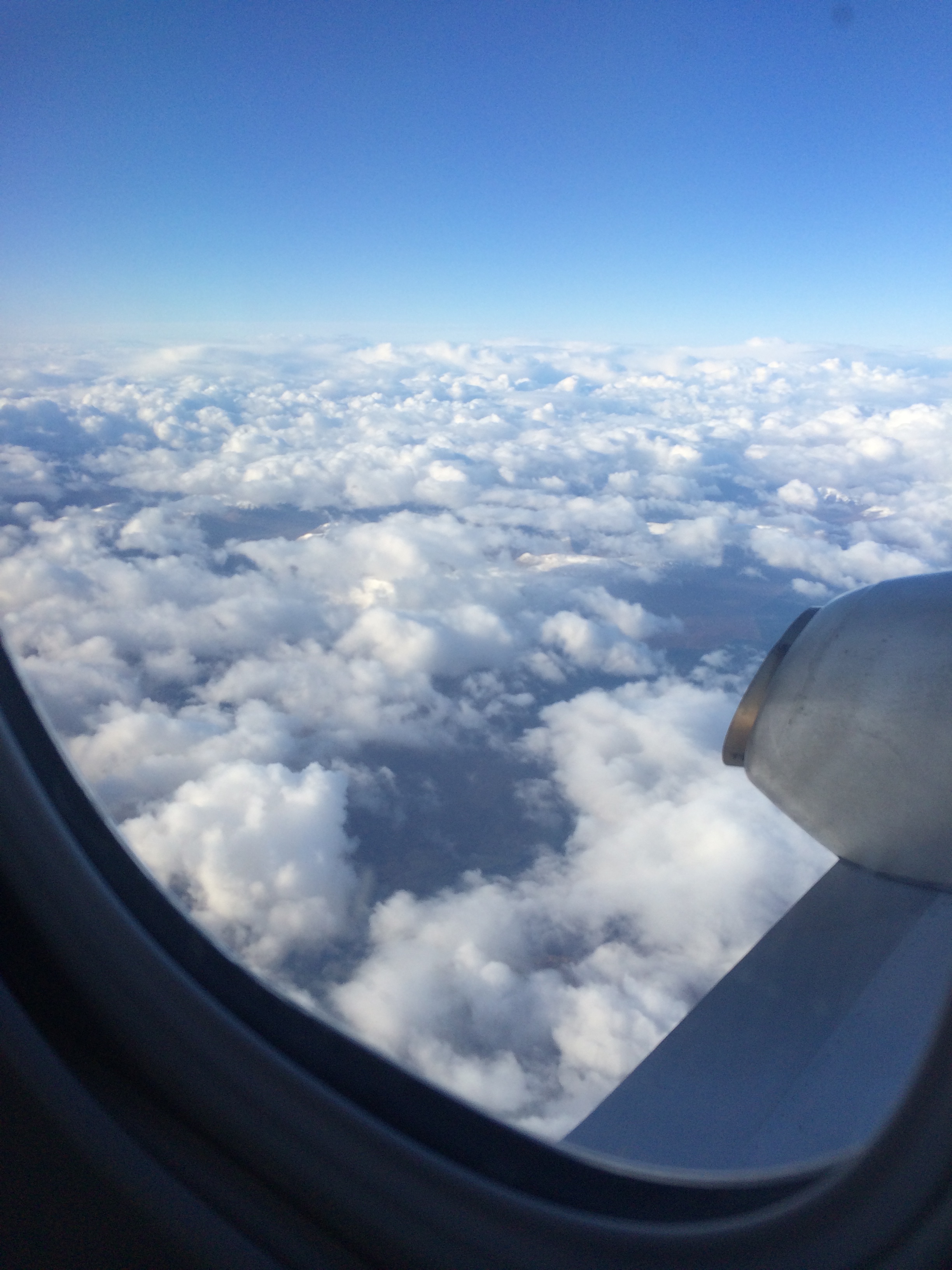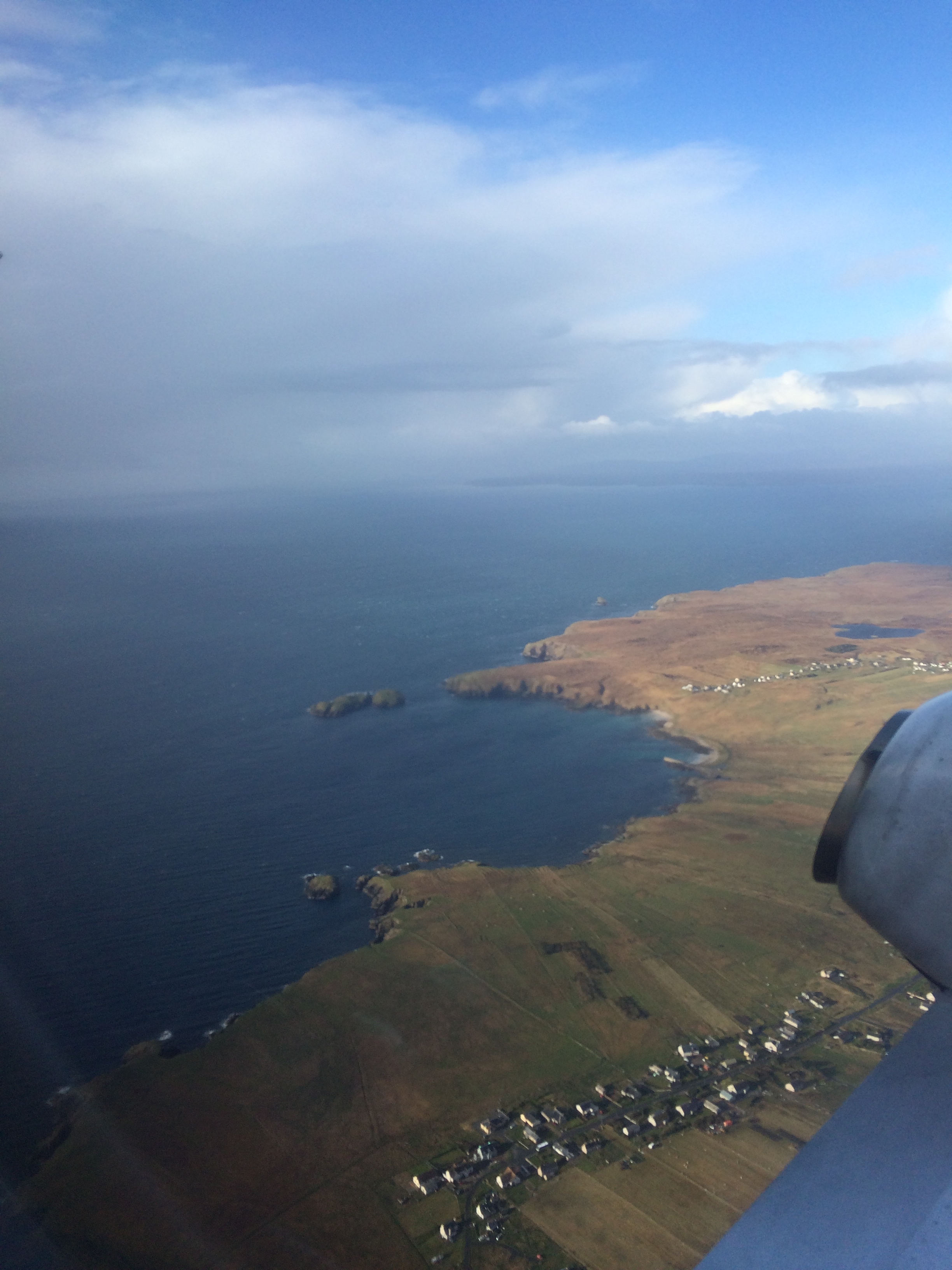Flying upstream
/It's a relief to walk beyond the hustle and bustle of the shops and cafes, past the long queues to flights south and into the quiet zone that is gate twenty something at Edinburgh Airport. Particularly at 6a.m.
Steve and I were on the early flight to Stornaway for a day of Upstream meetings and a workshop.
It was a great start to the day - sunshine, fluffy clouds and then coffee and bacon rolls when we landed.
Our first meeting of the day was with some of the Stornoway Airport team - the airport fire manager, cafe staff, a security officer, facilities management and an airline representative.
Paula describes our discussions nicely - we did a simple exercise of drawing something to describe our own journeys that morning. We heard about last minute changes to plans, driving instead of walking and the fact that there were no deer on the road! Paula talked about hailstorms on the west side of the island which then rattled at the windows about 5 minutes later.
We explored travelling with dementia in general and together considered the challenges that the complexity of air travel might pose ... the rushing, the potential confusion of self-service check-in, security requirements...
Flying can play a large part in the health and wellbeing of island life. Telehealth has a role to play, but people still need to visit clinics throughout the islands. We heard about people visiting from other islands to attend hospital appointments and older people flying, perhaps for the first time. It all highlighted the many and varied, interconnected processes the lie behind air travel and the role that everyone can play in making it a dementia friendly experience. It also revealed how a caring attitude is already built into customer service. The team described how they look out for passengers that need assistance and work together to support them.
It was a short introduction to thinking about dementia and air travel but it got us all wondering. A local group has worked closely with airport staff to help people with autism to prepare for a flight. A lot of thought had gone into improving the experience - from walking through the security process to trying out boarding the plane.
What can we learn from this? What sort of training might help to create something similar for people with dementia?




